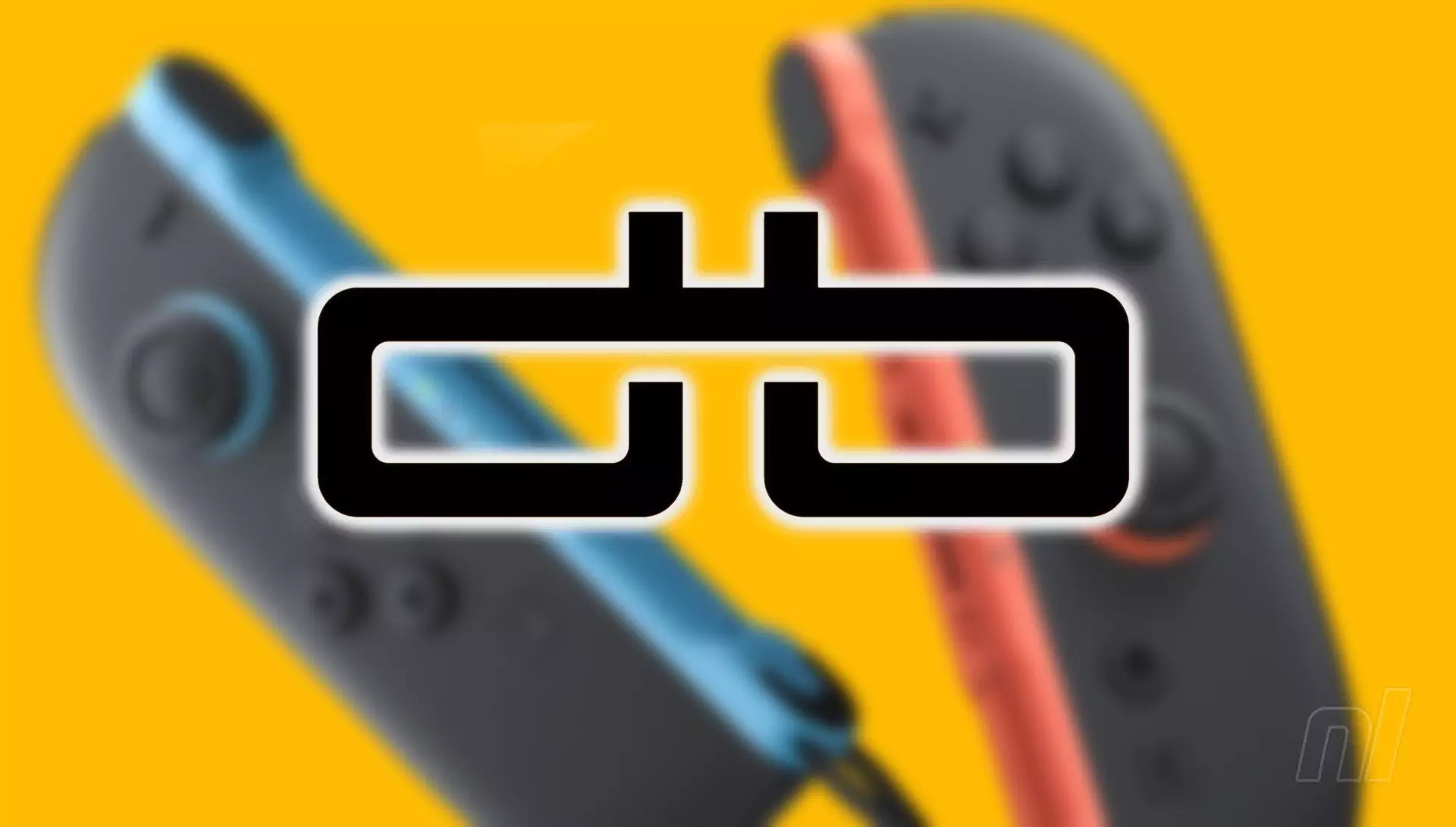In a world driven by rapid technological advancement and consumer expectations, accessory manufacturers must tread carefully to maintain trust and credibility. Dbrand’s recent foray into the gaming accessory market with its Killswitch for the Switch 2 serves as a potent lesson in the delicate balance between innovation and accountability. Unfortunately, their inaugural response to a significant design flaw has been labeled a “spectacularly terrible” miscalculation. The Killswitch, intended to enhance the user experience, instead sparked an outcry from gamers who experienced the distressing detachment of Joy-Con controllers, leading many to question the very reliability of Dbrand’s product offering.
The backlash was swift and fierce, as users expressed frustration over what they perceived as an inadequately addressed safety concern. Dbrand’s initial defense was equally lackluster—a dismissal that suggested users simply weren’t handling the gaming console correctly. Any seasoned company knows that user error should never be the catch-all excuse for product failure. By implying that such detachments would only occur under specific circumstances, Dbrand inadvertently shifted responsibility away from themselves, eliciting outrage from a community that feels deeply connected to their gaming gear.
The Culture of Accountability and Consumer Response
In hindsight, Dbrand’s attempt to frame the situation as a matter of user handling only exacerbated an already sensitive issue. Instead of taking ownership, the company seemed to sidestep accountability, igniting outrage among gamers who expect a level of commitment and reliability in the products they purchase. Social media platforms became a battleground of sentiment, with consumers passionately expressing their displeasure. Some responses were rational critiques; others crossed the line into vitriol, demonstrating the emotionally charged environment that can erupt when consumers feel betrayed or dismissed. Dbrand’s journey through this public criticism showcases the importance of accountability and graceful response in the digital age.
Recognizing their miscalculation, Dbrand shifted gears, releasing an updated statement that takes full responsibility while offering replacements to affected customers. This pivot promises to solidify their credibility among loyal customers and empathize with those who felt marginalized. By publicly acknowledging the misstep, Dbrand hopes to reestablish a positive connection with the gaming community. Their newfound honesty not only covers the initial error but raises an important conversation about how companies interact with consumers during crises.
Innovation and Future Remedies
With an eye toward reparation, Dbrand is considering two potential solutions for the Killswitch’s detachment issue. The first involves a complete redesign of the accessory, a risky venture that could potentially lead to delays and production hurdles. The second option—an improved version of the current product—could offer a more immediate solution, though it raises questions about whether the brand can restore consumer trust so rapidly.
The dual approach underscores an important strategic dilemma for Dbrand as they navigate customer dissatisfaction while attempting to innovate. Each option represents a balance between speed and thoroughness, leaving many to wonder if Dbrand can truly deliver on its promises. Their assurance of compensation, regardless of the severity of issues faced by users, demonstrates an understanding that consumer perception is pivotal, but the underlying product must also resolve its flaws.
The Power of Community Feedback
Ultimately, Dbrand stands at a crossroads. The brand’s initial miscalculation serves as a stark reminder that transparency and humility can reshape a narrative fraught with criticism. Companies that prioritize consumer feedback often fare better in the long run. Dbrand’s candid acknowledgment of their flawed response not only reflects a commitment to improvement but also highlights the power of community dialogue in shaping the future of consumer products.
Going forward, the real test will be whether Dbrand can successfully execute the solutions they propose and harness the lessons learned from this incident. The Killswitch saga offers a compelling case study in consumer relations, innovation, and the delicate balance of maintaining trust in a rapidly changing digital landscape. As the gaming community watches, the evolution of Dbrand will undoubtedly serve as a point of interest and a guide for similar brands facing the same crossroads.


Leave a Reply